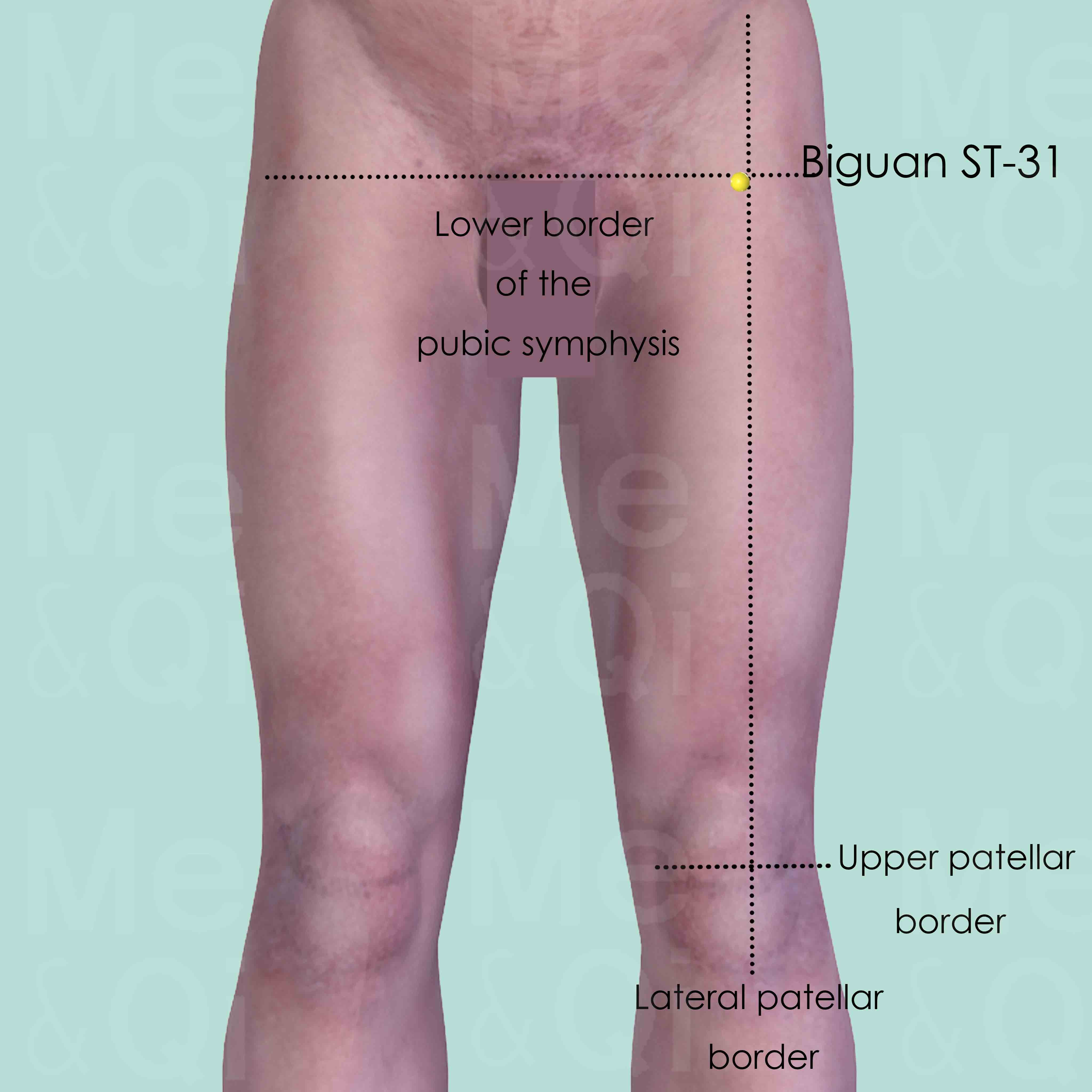Multiple Sclerosisaccording to TCM
Symptom families: Chronic Inflammatory Conditions, Neurological Disorders
What is Multiple Sclerosis?
Multiple Sclerosis (MS), often referred to as disseminated sclerosis, is a chronic autoimmune condition characterized by the deterioration of the protective sheaths surrounding nerve fibers in the brain and spinal cord.
This degeneration disrupts the normal communication of nerve signals, leading to a wide range of neurological symptoms that can vary in severity and duration. The unpredictable nature of MS means that it can manifest as anything from a benign illness to a disabling disease, complicating the lives of those it affects.
How Does TCM View Multiple Sclerosis?
In Traditional Chinese Medicine, multiple sclerosis is perceived not as a single disease but rather as a constellation of symptoms arising from disharmony within the body's natural state. Central to TCM is the concept of patterns of imbalance, which are unique constellations of signs and symptoms.
Identifying the correct pattern is crucial in TCM, as it guides the practitioner to a tailored treatment strategy aimed at harmonizing the patient's Qi, Blood, Yin, and Yang, thereby addressing the root of the symptoms.
Causes of Multiple Sclerosis According to TCM
In Traditional Chinese Medicine, multiple sclerosis is understood through the lens of internal disharmony, specifically focusing on the obstruction caused by Phlegm, a common pathological factor in TCM. Such obstructions hinder the smooth flow of Qi and Blood, leading to symptoms associated with MS.
For instance, the accumulation of Phlegm, which can cloud the Heart and obstruct the Heart Vessel, is seen as a contributing factor to the neurological manifestations of the disease. This perspective emphasizes the importance of identifying and addressing the unique pattern of disharmony within each individual.
TCM Herbal Formulas for Multiple Sclerosis
To address the underlying causes of multiple sclerosis, TCM turns to formulas that dispel Phlegm, aiming to clear obstructions and restore balance. A key formula in this approach is Di Tan Tang, which includes Arisaema (Tian Nan Xing) as its principal herb.
This formula is particularly suited for patterns characterized by Phlegm Misting the Heart and obstruction of the Heart Vessel, conditions believed to contribute to the cognitive and emotional challenges faced by those with MS. By targeting these patterns, the formula seeks to alleviate symptoms and improve quality of life.
See more details below about Di Tan Tang, a herbal formula used to address multiple sclerosis.
- By Formula Type
- Formulas that dispel phlegm
Formulas that dispel Phlegm
Multiple sclerosis can be treated by these formulas when it is linked to phlegm accumulation, affecting respiratory and other body functions.
One such formula is Di Tan Tang, with arisaema as a key herb.
Acupoints for Multiple Sclerosis
In the realm of acupuncture, specific points are chosen for their ability to target the underlying TCM patterns identified in multiple sclerosis. Biguan ST-31 is an example of such a point, located on the Stomach Channel.
Its strategic placement and action are believed to remove channel obstructions and dispel Wind and Dampness, key factors in the TCM understanding of MS. By stimulating Biguan ST-31, practitioners aim to enhance the flow of Qi and Blood, addressing both the symptoms and the root causes of MS according to TCM principles.
See more details below about Biguan ST-31, an acupoint used to address multiple sclerosis.
- By Meridian
- Stomach Channel

Biguan ST-31
Directly below the anterior superior iliac spine (ASIS), at the level of the lower border of the pubic symphysis, in the depression on the lateral side of sartorius muscle when the thigh is flex.
TCM Herbs for Multiple Sclerosis
Explore below some TCM herbs used to address multiple sclerosis, organized by herb category.
- By Herb Category
- Warm herbs that transform phlegm and stop cough
- Herbs that regulate qi
Warm herbs that transform Phlegm and stop Cough
Multiple sclerosis can be treated by these herbs when it results from phlegm due to cold deficiency, aiming to warm the lungs and dissolve phlegm accumulation.
One such herb is Arisaema (Tian Nan Xing), a key herb in some formulas recommended for multiple sclerosis, like Di Tan Tang.
Herbs that regulate Qi
Multiple sclerosis can be treated by these herbs when resulting from Qi stagnation or imbalance, helping to promote the smooth flow of Qi in the body.
One such herb is Red Tangerine Peel (Ju Hong), a key herb in some formulas recommended for multiple sclerosis, like Di Tan Tang.
